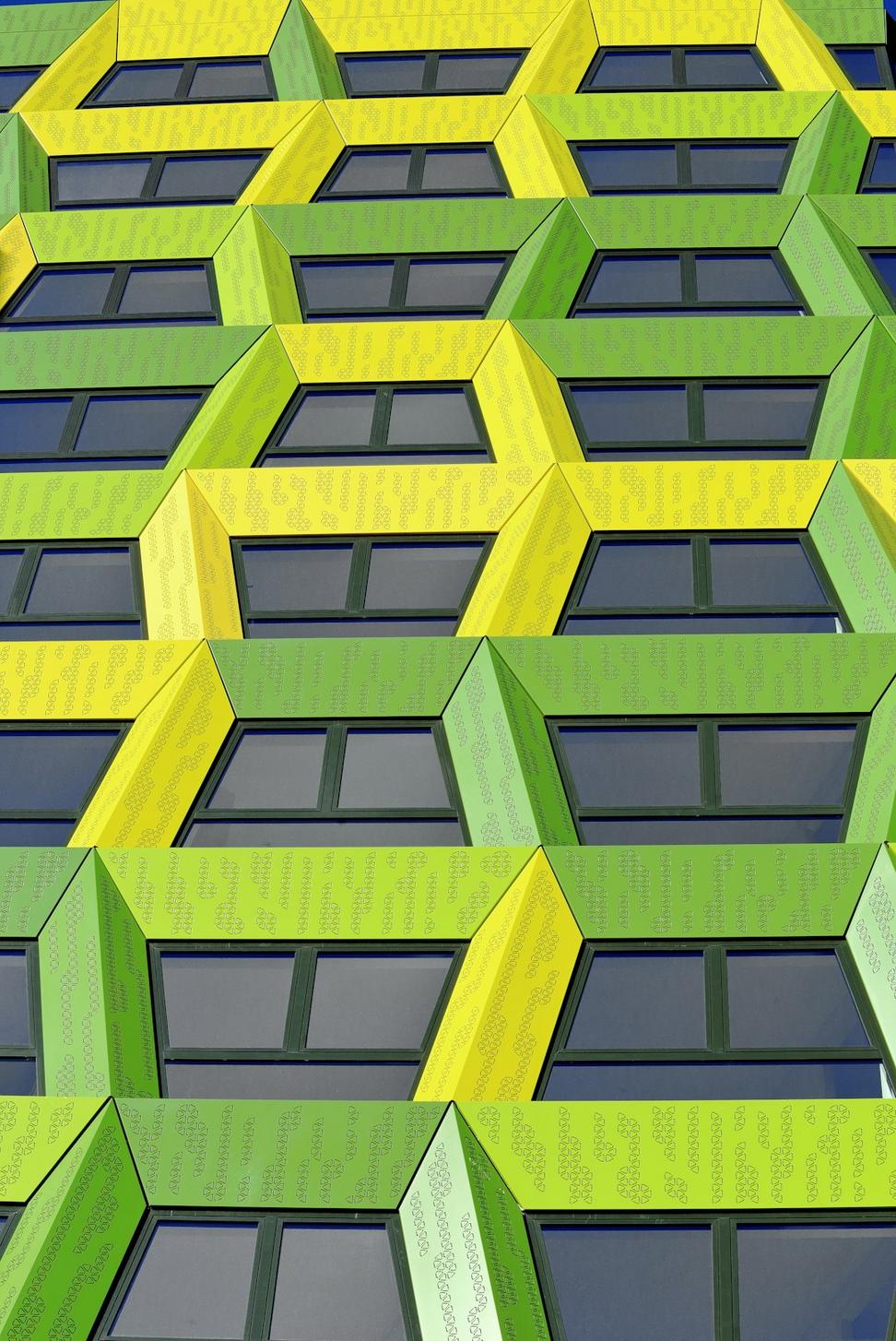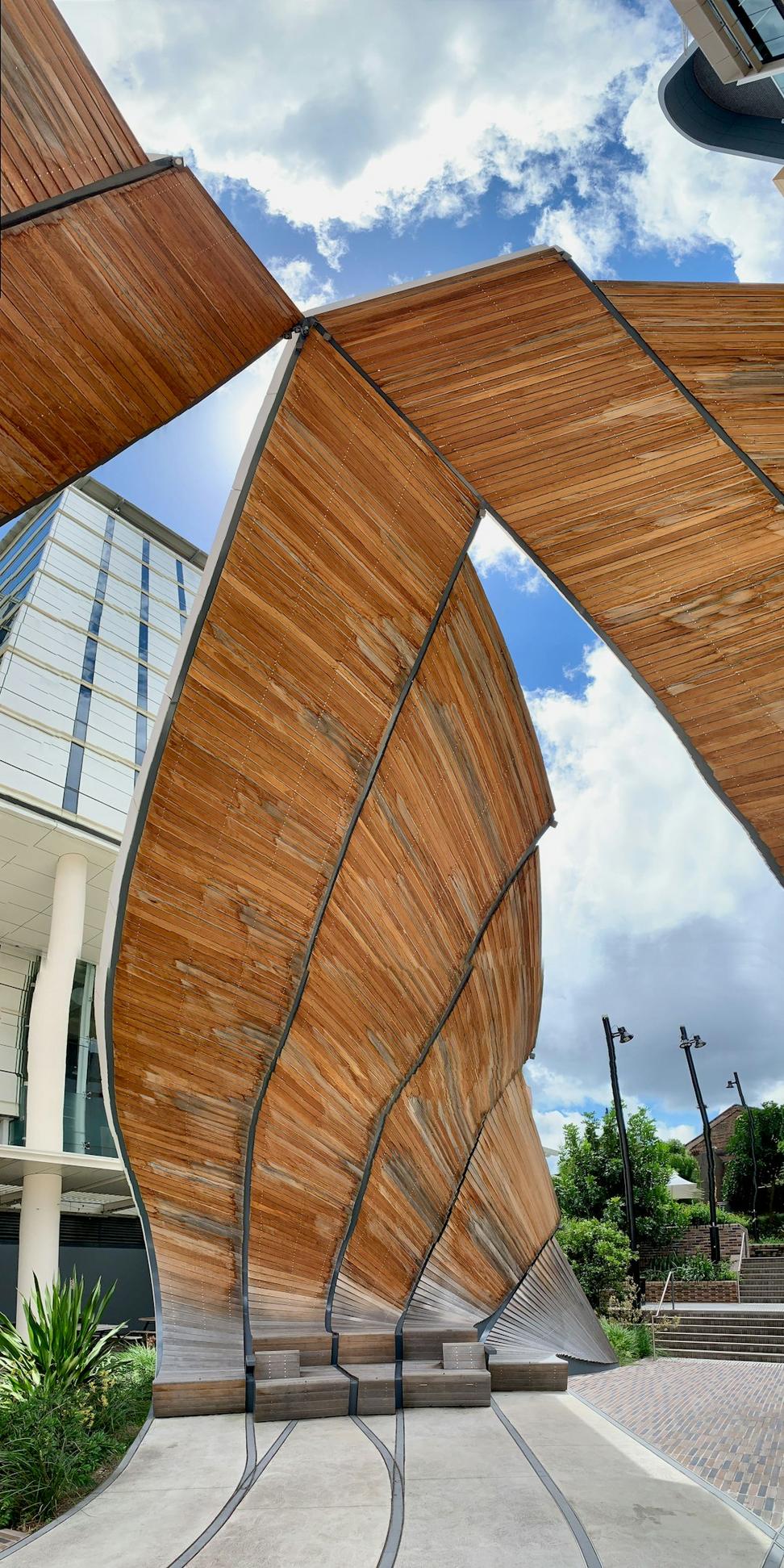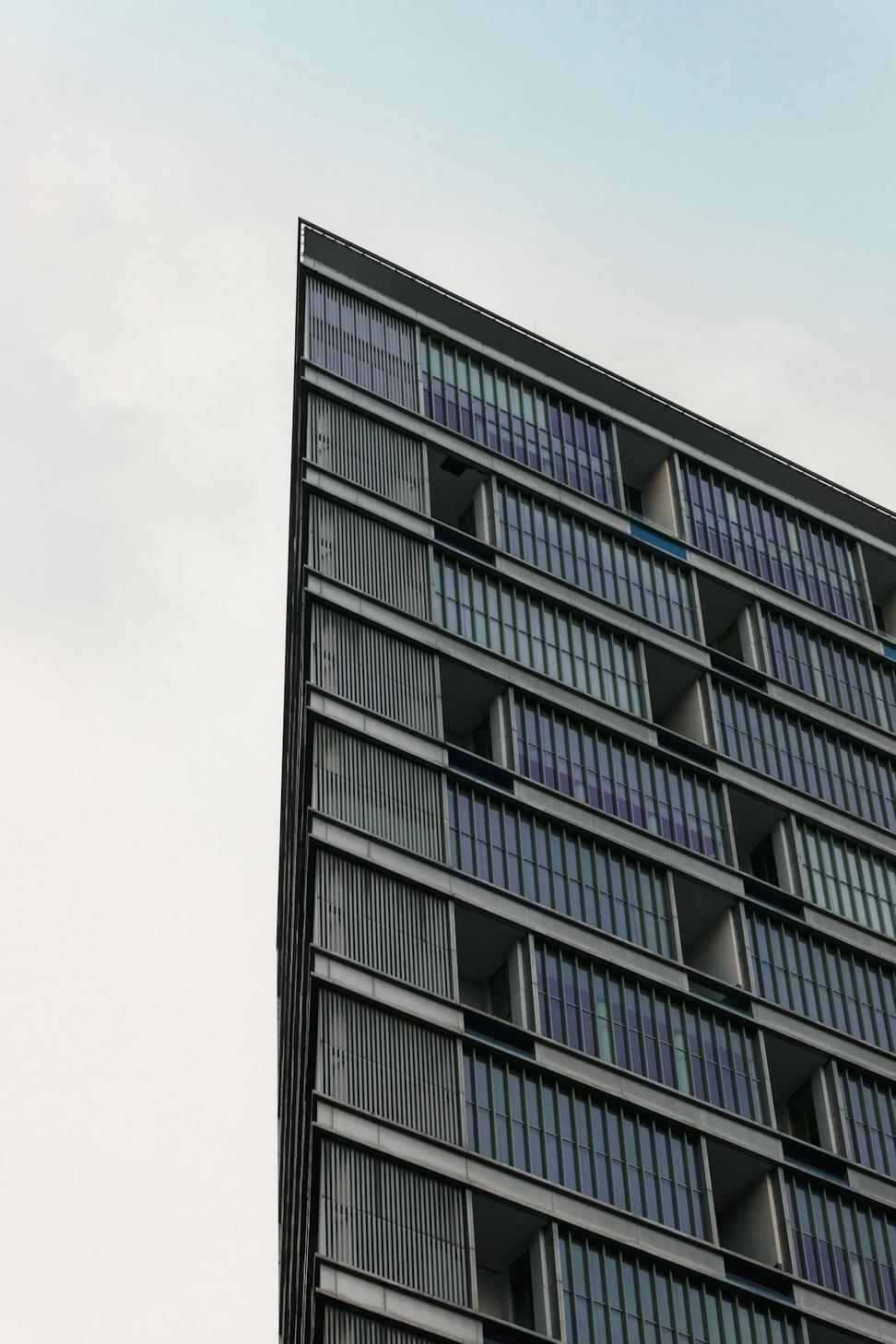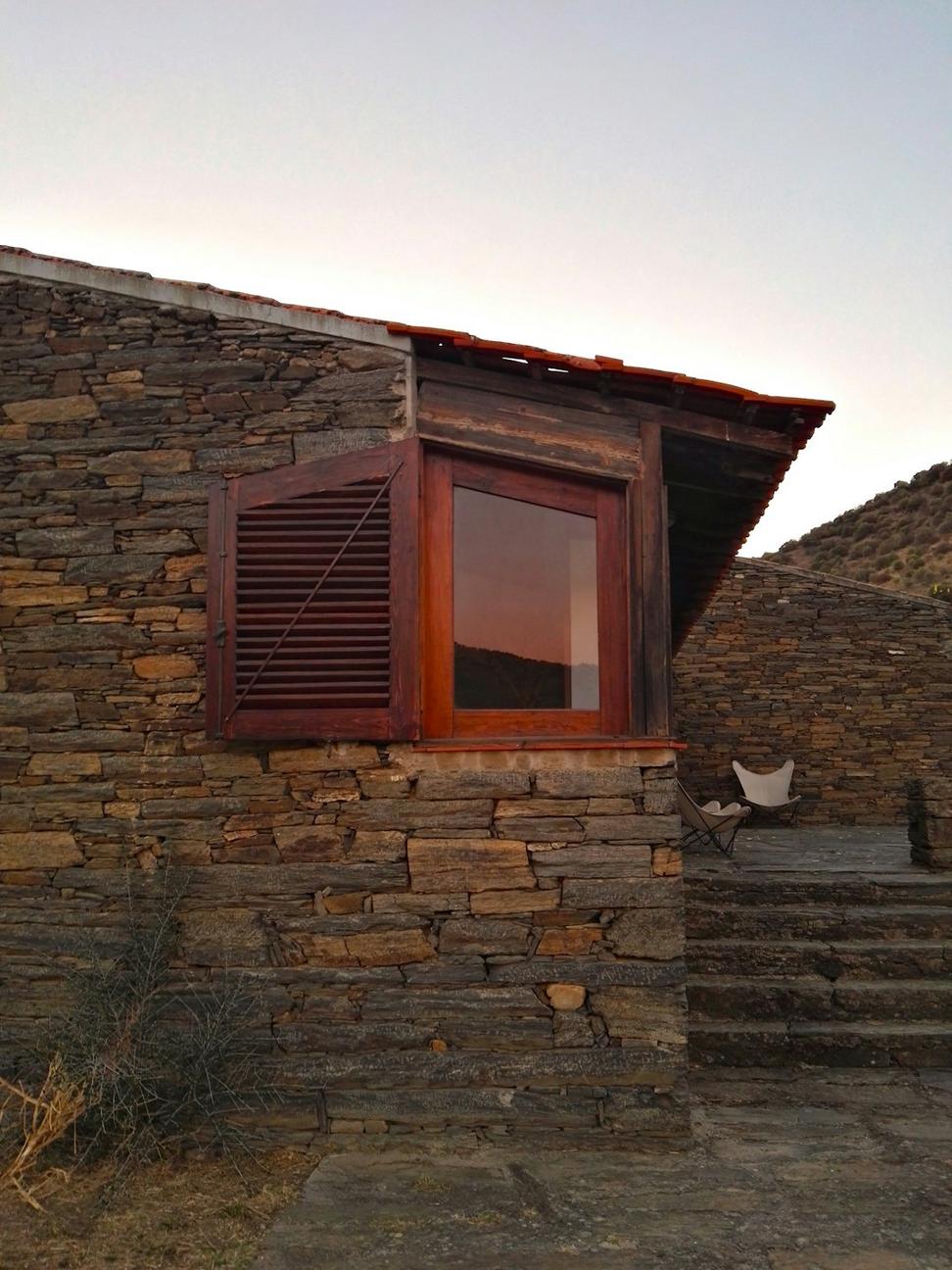
Building for Tomorrow, Today
We've been doing this green thing since before it was trendy - it's just how we think buildings should be
Look, I'm gonna be straight with you - sustainable design isn't some fancy add-on we throw into projects when clients ask for it. It's literally baked into everything we do here at the studio. Started back in 2008 when "green building" was still kinda niche, and honestly? We haven't looked back.
Every project that leaves our drafting tables (okay, fine, our computer screens) gets the full sustainability treatment. We're talking passive solar orientation, high-performance building envelopes, renewable energy integration - the whole nine yards. And yeah, it costs a bit more upfront sometimes, but the payback period? Usually way shorter than folks expect.
Vancouver's already ahead of the curve with climate action, but we're pushing even further. Our average project reduces energy consumption by about 45% compared to standard builds, and that's not even counting the carbon sequestration from the materials we spec.

Principal designer holds LEED AP certification - we've guided 23 projects through LEED certification so far
Certified Passive House designer - completed 7 ultra-low energy residential projects in BC
Currently working toward our first Living Building Challenge certification - fingers crossed for 2026
Active Canada Green Building Council member since 2011, contributing to national sustainability standards
Quick calculator to see potential carbon savings - not super precise, but gives you the general idea of what's possible
Annual CO2 Emissions
tonnes per yearPotential Reduction
vs. standard buildTrees Equivalent
annual carbon offset
These aren't theoretical projections - this is actual data we've pulled from completed projects over the past 3 years. Makes for pretty convincing arguments when we're pitching sustainable features to skeptical clients.
Total renewable energy generated annually across portfolio
CO2 emissions avoided per year from renewable systems
Equivalent number of homes powered by our renewable installations
Average annual utility cost savings for our clients
We spend a lot of time just... sitting on sites. Understanding solar paths, prevailing winds, existing vegetation. You'd be surprised how much energy you can save just by rotating a building 15 degrees or tucking it into a hillside properly.
Rainwater harvesting, greywater systems, low-flow fixtures - but also landscape design that actually works with Vancouver's climate. Native plants that don't need irrigation once established, permeable surfaces, bioswales that look good year-round.
We've got relationships with suppliers who get what we're trying to do. Reclaimed timber, low-carbon concrete alternatives, local materials that cut transportation emissions. Plus stuff that'll actually last - durability is the ultimate sustainability feature.
Serious insulation, triple-pane windows, thermal bridge elimination - the unglamorous stuff that makes buildings actually comfortable. We're talking sub-1.0 ACH50 air tightness on our best projects. Yeah, it's nerdy, but it works.
Building automation that doesn't require a PhD to operate. Energy monitoring that clients actually look at. Mechanical systems that perform efficiently without constant tweaking. Technology should make life easier, not more complicated.
We check back in after the first year to see how things are actually performing. Sometimes we need to adjust control sequences, sometimes we need to educate occupants. It's part of the service - we want these buildings to hit their targets.
Took a 1960s rancher that was bleeding energy and transformed it into one of the first certified net-zero retrofits in Vancouver. Honestly, the owners were skeptical at first - thought we were gonna gut the whole thing and price them out.
Instead, we kept the basic structure, added a super-insulated envelope, installed a ground-source heat pump, and covered the south-facing roof with PV. Total energy use dropped by 78%, and they're actually selling power back to the grid most months.

Whether you're starting from scratch or retrofitting an existing building, we can work together to figure out what makes sense for your budget and goals. No greenwashing, just practical solutions that actually perform.